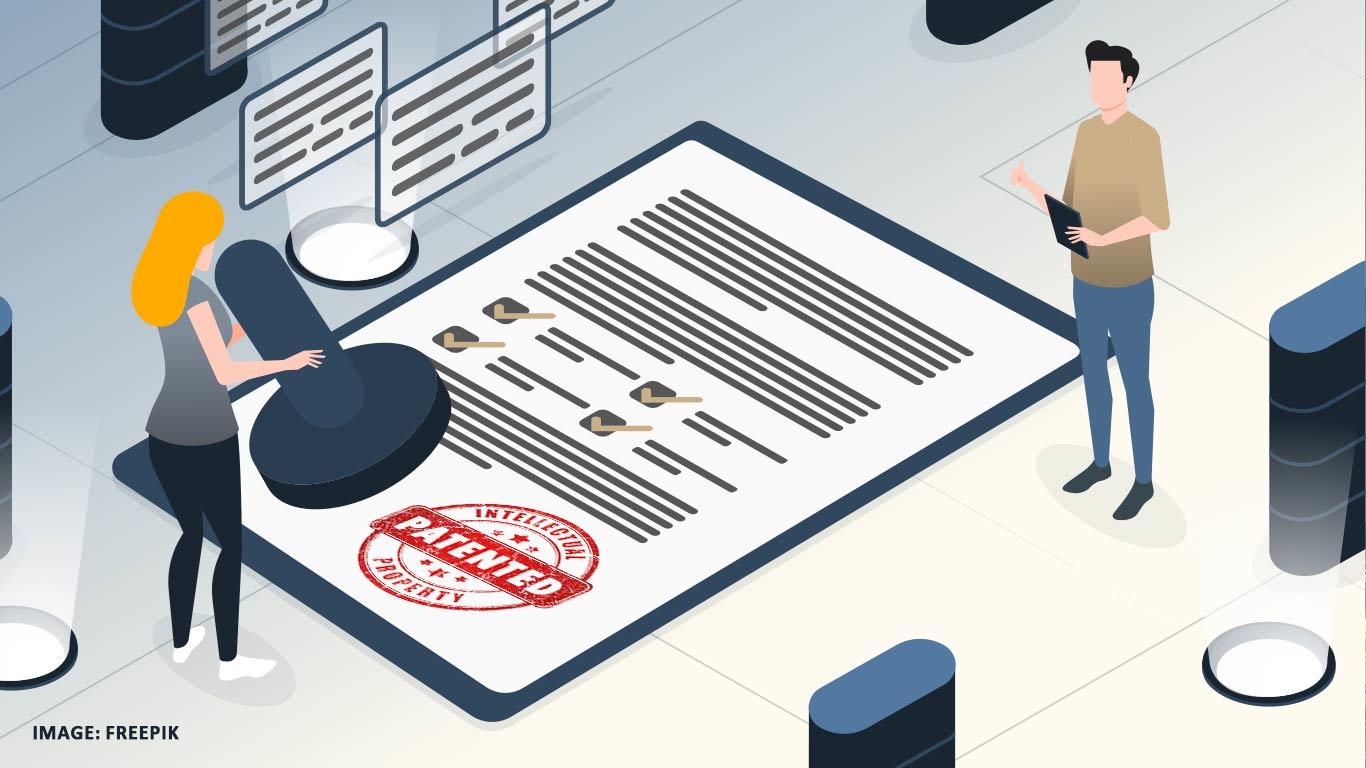
India To Amend Patent Laws To Protect Traditional Knowledge
The move by the Department for Promotion of Industry and Internal Trade (DPIIT) comes after a recent breakthrough at the World Intellectual Property Organisation (WIPO), where developing nations including India secured a commitment for mandatory disclosure of traditional knowledge and genetic resources in patent filings.
The draft treaty, the first of its kind to address this longstanding issue under discussion since 1999, has already been endorsed by 15 countries.
However, it has faced resistance from the United States, several developed nations, and large corporations.
A senior government official revealed that while Indian law currently provides protection and requires patent offices worldwide to cross-reference the Traditional Knowledge Digital Library (TKDL), the proposed amendments to Section 10 of the Indian Patents Act will align with the WIPO treaty and offer more comprehensive safeguards.
Only around 35 countries currently have similar provisions in place to protect traditional knowledge and genetic resources, such as those found in medicinal plants, agricultural crops, and animal breeds.
In the past, there have been controversial attempts to patent products like turmeric (haldi) and basmati rice.
The DPIIT will seek cabinet approval to sign the WIPO agreement, which aims to prevent the misappropriation of traditional knowledge and genetic resources through stronger disclosure requirements in the patent application process.
(KNN Bureau)
Legal Disclaimer:
MENAFN provides the
information “as is” without warranty of any kind. We do not accept
any responsibility or liability for the accuracy, content, images,
videos, licenses, completeness, legality, or reliability of the information
contained in this article. If you have any complaints or copyright
issues related to this article, kindly contact the provider above.


















Comments
No comment